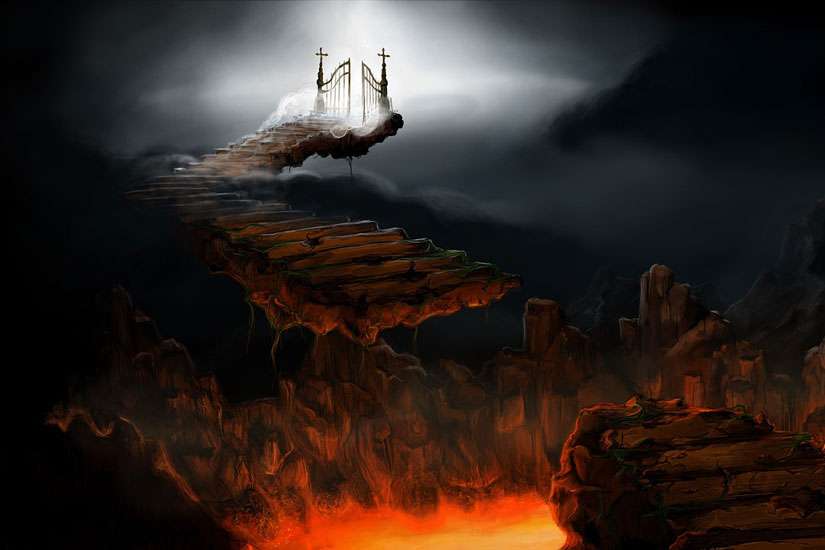Unfortunately, the preaching and catechesis of our youth sometimes schooled us in the idea you could tragically miss the boat without knowing it and that there was no return. You could live your life sincerely, in essential honesty, relate fairly to others, have some bounce and happiness in life, and then die and find that some sin you’ve committed or mistake you’d made, perhaps even unknowingly, could doom you to hell and there was no further chance for repentance. The second of your death was your last chance to change things.
But this is essentially wrong and should not be taught in the name of Christianity. Why? Because it belies God and the deep truths Jesus revealed. Jesus did teach there was a hell and that it was a possibility for everyone. But it is not a place or a state where someone is begging for one last chance and God is refusing. The God whom Jesus incarnates and reveals is a God forever open to repentance.
With God we never exhaust our chances. Can you imagine God looking at a repentant man or woman and saying: “Sorry! For you, it’s too late! You had your chance!”
And yet, the Gospels can give us that impression. We have the parable of the rich man who ignores the poor man at his doorstep, dies and ends up in hell, while the poor man, Lazarus, is now in Heaven. From his torment in hell, the rich man asks Abraham to send Lazarus to him with some water, but Abraham replies there is an unbridgeable gap between Heaven and hell no one can cross. That text, along with Jesus’ warnings that the doors of the wedding banquet will at a point be irrevocably closed, has led to the common misconception that there is a point of no return.
But that’s not what this text, nor Jesus’ warning on the urgency of repentance, teaches. The “unbridgeable gap” refers to a gap that remains forever unbridged between the rich and the poor. And it remains unbridged because of our intransigence, our failure to change heart, not because God runs out of patience and says: “Enough! No more chances!”
Jesus’ story of the rich man and Lazarus actually draws upon a more ancient, Jewish story that illustrates this intransigence: In the parallel Jewish parable, God does hear the rich man’s plea from hell for a second chance and grants it to him. The rich man, now full of new resolutions, returns to life, goes immediately to the market, loads his cart with food, and, as he is driving home, meets Lazarus. Lazarus asks for a loaf of bread. The rich man jumps off his cart to give it to him, but, as he pulls a huge loaf of bread from his cart, his old self starts to reassert itself. Immediately he finds himself back in hell! He still cannot bridge the gap.
Kathleen Dowling Singh submits that in making a series of mental contractions we create our own fear of death. That’s true too for the afterlife: By making a series of unfortunate theological contractions we create our own fear of hell.
(Fr. Rolheiser can be reached at ronrolheiser.com.)


